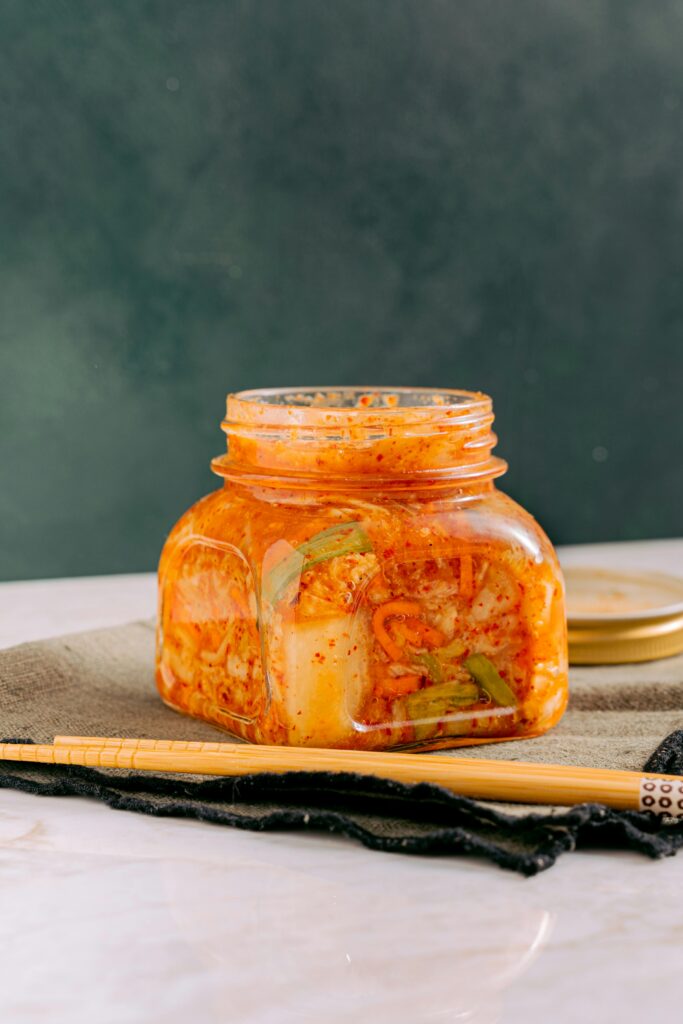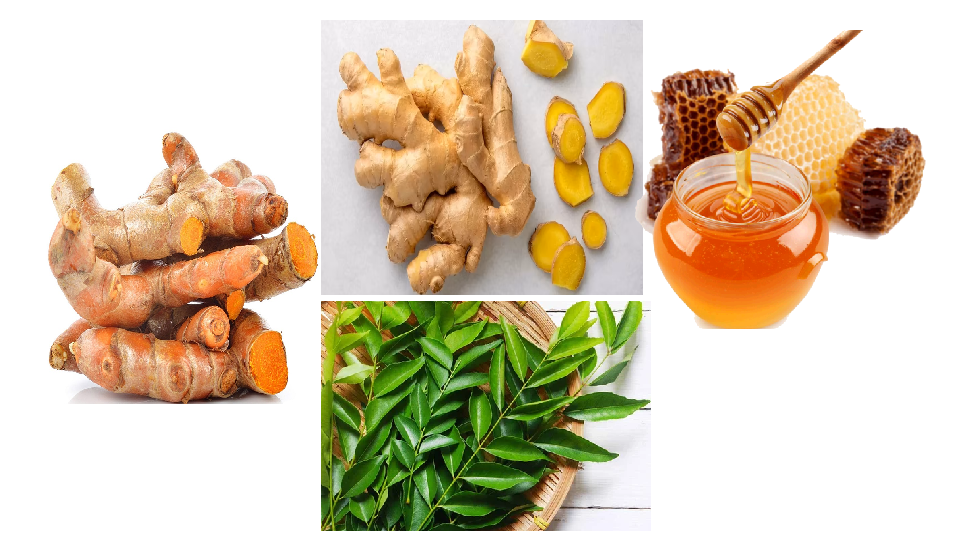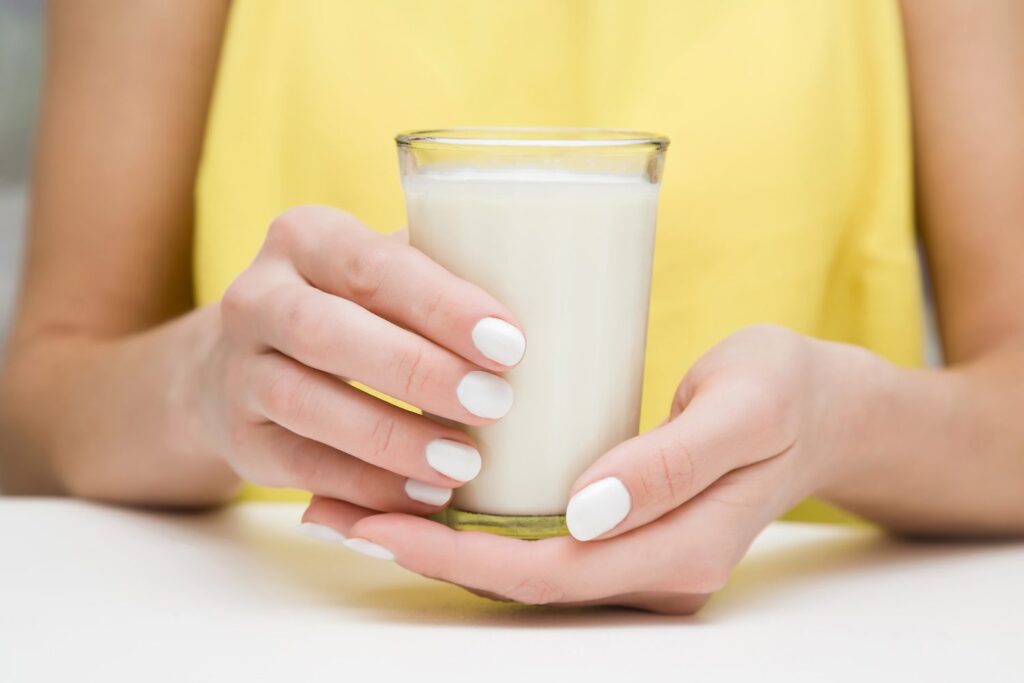We often talk about our “gut feeling” when making a decision—but what if your gut is actually trying to tell you something more profound? I used to think bloating, random fatigue, and frequent brain fog were just part of adult life. But once I learned how deeply connected our gut microbiome is to our immune system, brain, skin, and mood, I knew I had to change the way I eat.
Today, I’m sharing 10 ways to nourish your gut for a healthier, more vibrant life—based not only on science, but also on personal experiences that transformed my energy, clarity, and digestion.
1. Start Your Day with Fermented Foods
Fermented foods like yogurt, kefir, kimchi, sauerkraut, and homemade pickles are packed with probiotics—beneficial bacteria your gut needs.
👉 My story: I began having a spoonful of homemade curd every morning. Within a few weeks, my bloating reduced significantly, and my skin looked noticeably clearer.
2. Add Prebiotic-Rich Foods
Prebiotics are fibers that feed your good bacteria. Bananas, onions, garlic, leeks, and oats are excellent choices.
👉 Adding raw garlic into my salad dressings and blending banana with oats in smoothies made a noticeable difference in my digestion and appetite control.
3. Avoid Overusing Antibiotics
Antibiotics can wipe out both bad and good bacteria. Use them only when absolutely necessary and always consult your doctor.
👉 After taking antibiotics for a sinus infection, I noticed my digestion went haywire. That experience taught me the importance of restoring gut flora afterward with fermented foods and supplements.
4. Cut Back on Sugar and Processed Foods
Sugars feed harmful bacteria and yeast in the gut. Processed foods with preservatives and additives can disrupt your gut balance.
👉 I didn’t realize how often I was snacking on biscuits and sugar-laden “health bars.” Swapping them for nuts and seeds changed everything—I had more consistent energy and less sluggishness.
5. Eat a Rainbow of Veggies
A diverse gut needs a diverse diet. Colorful vegetables feed a wide variety of good bacteria.
👉 I started including beets, spinach, carrots, and bell peppers regularly. Not only did my plate look beautiful, but my digestion and mood improved dramatically.
6. Stay Hydrated
Water helps food pass through your gut and prevents constipation, allowing good bacteria to thrive.
👉 I started keeping a copper bottle near my desk. Hydrating consistently helped me feel lighter and less bloated.
7. Include Resistant Starches
Foods like cooked and cooled potatoes, green bananas, and legumes feed your good bacteria and help stabilize blood sugar.
👉 Adding boiled, cooled potatoes into my lunch salad surprisingly made me feel fuller for longer—without that post-meal crash.
8. Limit Artificial Sweeteners
While they may be calorie-free, sweeteners like aspartame or sucralose can alter gut microbiota.
👉 I switched from artificial sweeteners in my coffee to jaggery or raw honey in moderation—and my gut feels much more settled.
9. Chew Your Food Properly
Digestion starts in the mouth. Chewing helps break food down and signals enzymes to kick in.
👉 I was always a fast eater. When I began consciously chewing and slowing down, I noticed better digestion and less bloating.
10. Manage Stress
The gut-brain connection is real. Chronic stress harms your gut and can worsen digestive symptoms.
👉 Incorporating deep breathing and evening walks reduced not just my anxiety, but also my digestive discomfort.
🌱 Final Thoughts
Your gut is home to trillions of microbes that influence everything from your mood to your immunity. By feeding it the right way, you’re not just improving digestion—you’re cultivating better health from the inside out.
This journey to gut health wasn’t overnight for me. But with consistent habits, I began to feel the difference—more energized, lighter, mentally sharper, and emotionally balanced.
So next time your “gut feeling” speaks—listen. It might be your microbiome asking for a little love.



